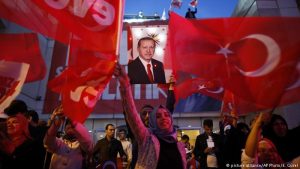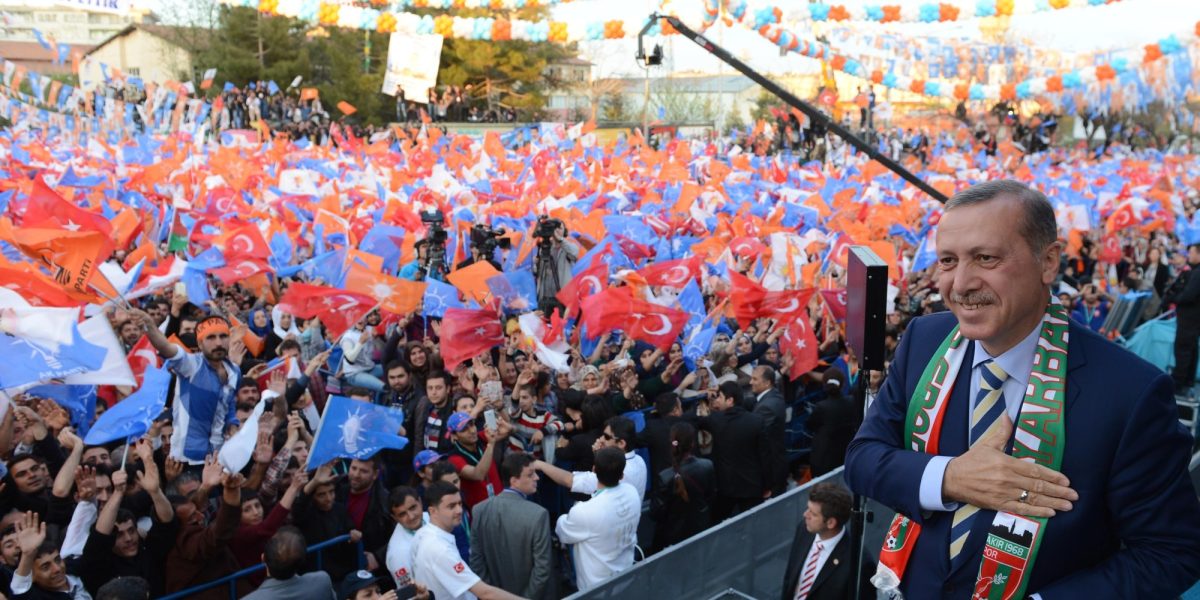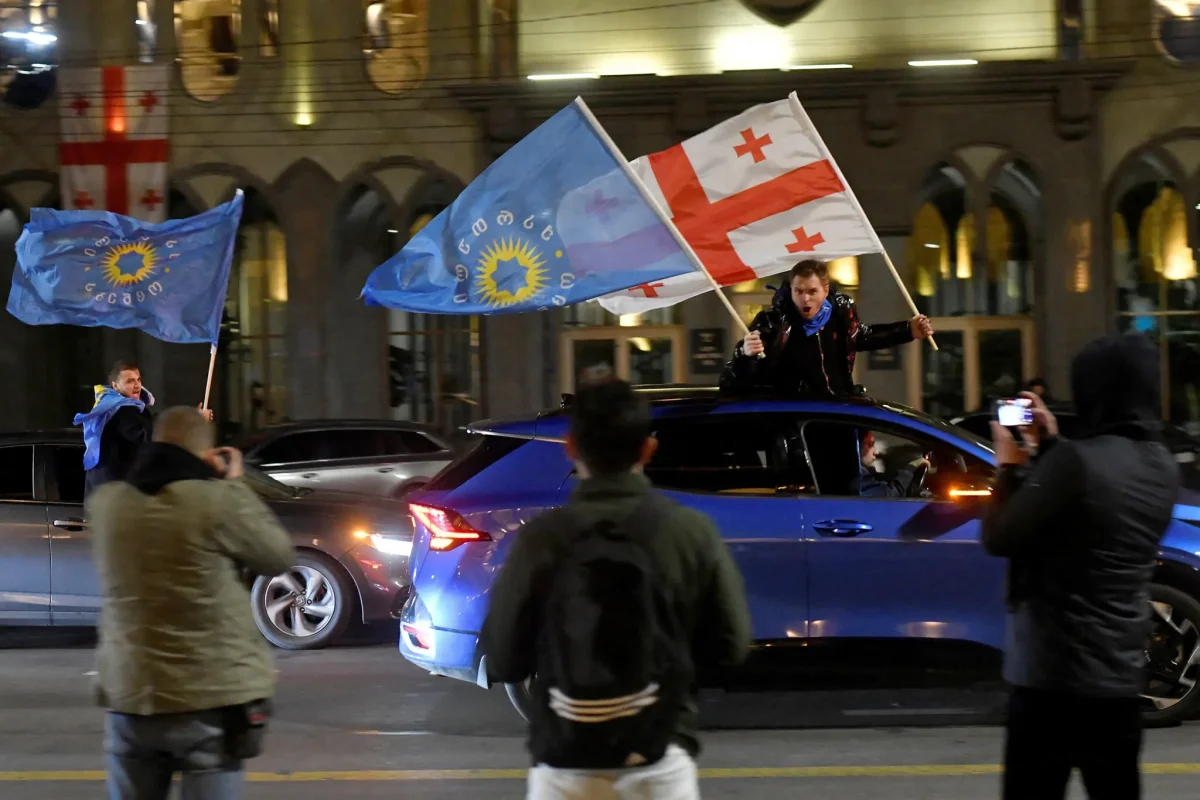On June 7, 2015, after the parliamentary elections, the Justice and Development Party (AKP) lost their status as the majority party in the 550 seat Turkish Parliament for the first time 13 years. This came as controversies over AKP’s policies increased, more notably with their increasingly authoritarian actions, cracking down on critical journalists and protesters, and their push to form a presidential system that would allow Erdoğan, the party’s founder and Turkey’s president, to have significantly more control over the country’s domestic affairs. These elections also saw the People’s Democratic Party (HDP), a Kurdish-question oriented group, pass the controversial 10% vote threshold to participate in Turkey’s parliament.
While this was seen as a victory in the eyes of many of the more secular Turks, the AK Party still made up the biggest bloc in the parliament, with roughly 41% of the electorate, or 258 seats out of the 550. As no party holds a majority, by technicality, two of the three leading parties would need to form a coalition government within 90 days following the elections. The two main opposition parties, the Republican People’s Party (CHP) and the Nationalist Movement Party (MHP), received a total of 25% and 16% of the vote respectively. However, in the past two months little progress has yet been made and President Erdoğan has likewise begun calling for a second round of elections on the November 1.
Erdoğan’s AK Party came to power in 2002, syphoning off the popularity of similar Islamist Turkish parties from the 1990s that were repressed by a nationalist secular regime, despite their popularity. While the AKP initially downplayed their Islamist agenda, emphasizing more on democracy and development, many non-secular Turks supported the group after more than a decade of rule under a government that enforced secularism.

Issues began to arise as freedom of the press began to worsen as journalists critical of the AKP were being charged for crimes such as insulting the Turkish nation, or anti-Turkish propaganda. Currently, Turkey ranks 154th out of 180 countries in the World Freedom of Press Index, according to Reporter’s Without Borders. Other large issues included a number of unsolved cases of corruption within the AK Parti, and more notably, within Erdoğan’s own family.
From corruption scandals to environmentally-damaging industrial projects and countless cases of police brutality, the AKP began to lose a lot of support among the secular and urban electorate of Turkey. All this added to the pressure on opposition parties to try and gain more control within the parliament in order to try and hinder more authoritarian advances by the PM Erdoğan.
To many it may have seemed that the AKP’s loss of a parliamentary majority and the HDP’s entrance into the parliament was a victory. Serkan Demirtaş, an Editor-in-Chief to Harriet Daily news, a major Turkish newspaper, stated “It is an end of a period, a long period that the AKP enjoyed ruling the country on its own, because it had always a good parliamentary majority so it could legislate everything. So it seems that this is an end of an era,”
However, the reality still remains that the AKP have the largest number of seats and Erdoğan is still president. The failure of opposition parties to form any sort of coalition means that now Turkish citizens will go back to the ballot boxes on November 1 in another round of voting, risking the possibility that the AKP will regain their majority. This also means that the HDP risk falling back under the 10% threshold and completely losing their participation in parliament.
Overall, this second round of elections will be just as important as the first one in determining the future of Turkey for not only the Turkish people, but, with the way things are going in neighbouring Arab countries (namely Iraq and Syria), and the World.
By Michael Sloboda


































































